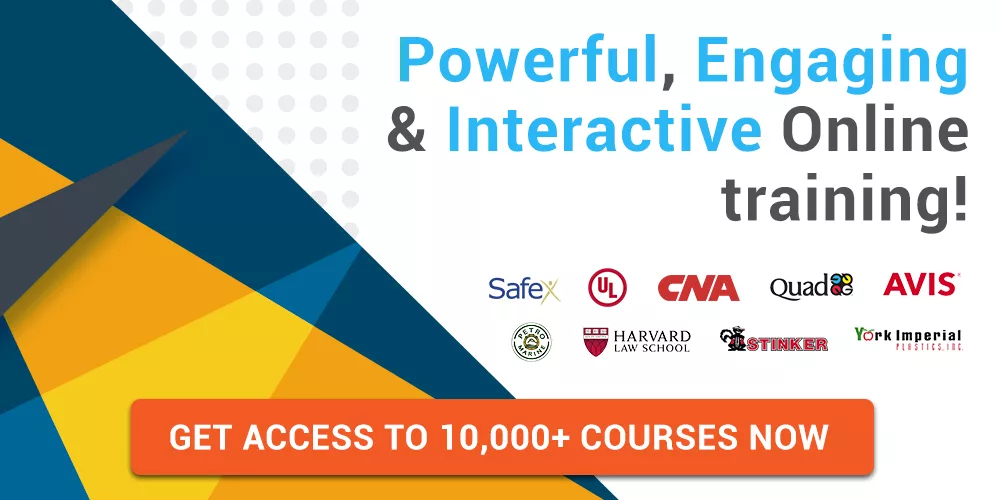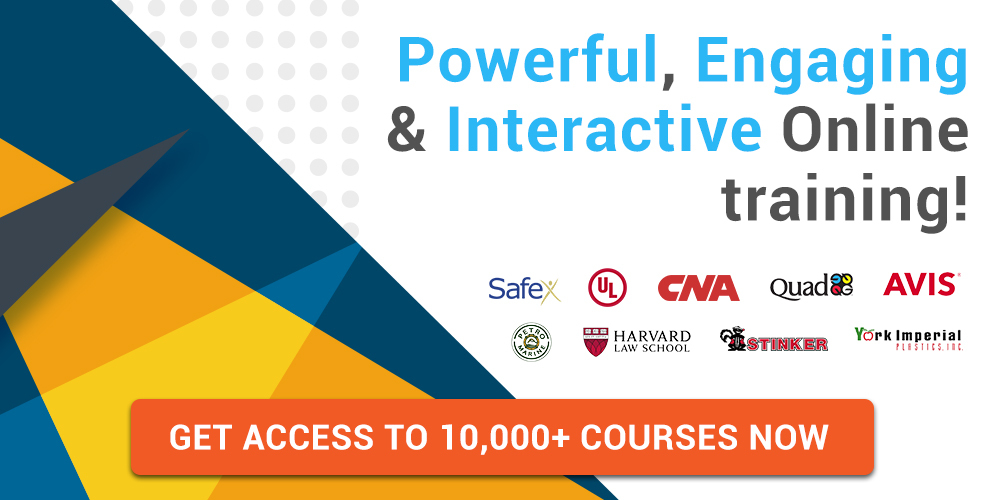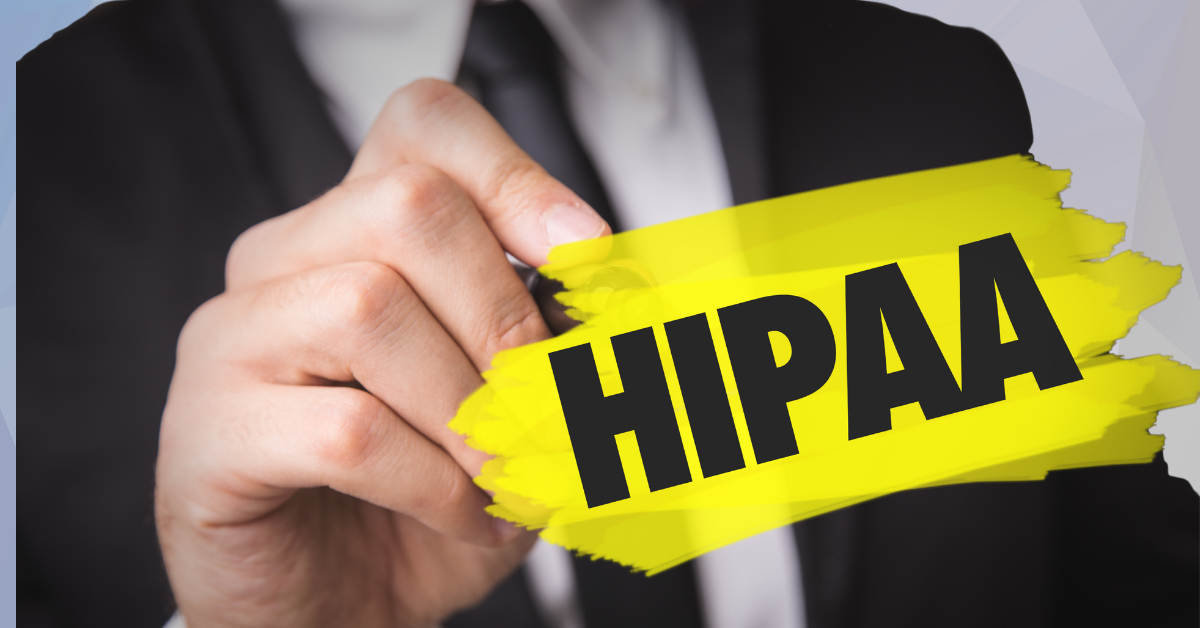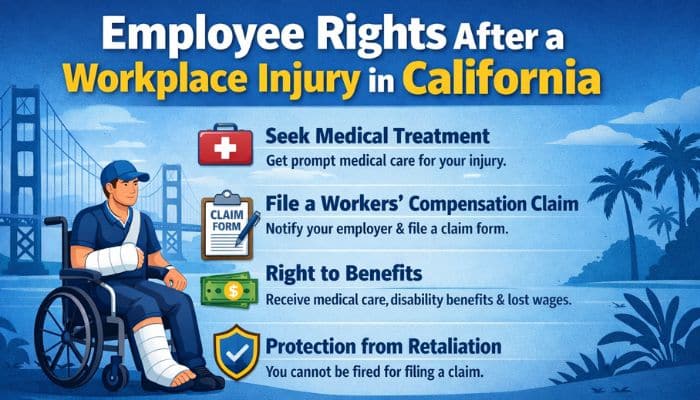Top 20 Learning Management System Usage For Healthcare Training In 2024
What do you get when you combine a company with a learning management system and Healthcare Training Solutions with an e-learning company focused on nursing?
This blog will walk you through 20 innovative ways LMS is harnessed in healthcare. It makes training more effective, accessible, and engaging than ever before.
Save Thousands Of Dollars With Coggno Prime Subscription
Why Is A Learning Management System Important?
A web-based learning management system that delivers healthcare training. An easy-to-use learning management system can solve training issues in a snap. It is crucial because the right training at your company can increase workplace morale and, thus, quality of work, which is especially elemental in the healthcare industry.
Interactive, up-to-date content can be conveniently delivered through a learning management system, principally web-based.
In addition, training aids in retention and recruitment, basic in healthcare, where you certainly don’t want high turnover rates.
What can make this efficient and effective training method even more impressive is a learning management system that functions on a pay-per-use system, like Coggno.
Learning Management System Usage For Healthcare Training
Below are 20 ways learning management systems used for healthcare training:
- Streamlining Onboarding
- Continuing Medical Education (CME)
- Compliance Training
- Clinical Skills Development
- Nurse Training and Education
- Physician Training
- Medical Coding and Billing
- Patient Engagement and Education
- Emergency Response Training
- Telemedicine Training
- Electronic Health Records (EHR) Training
- Healthcare Management and Leadership Training
- Interdisciplinary Team Collaboration
- Infection Control Training
- Cultural Competency Training
- Quality Improvement Initiatives
- Training for New Medical Technologies
- Wellness and Mental Health Training
- Handling Ethical Dilemmas in Healthcare
- Measuring LMS Effectiveness
Streamlining Onboarding
Tailored and efficient onboarding is important when you want to welcome a new healthcare professional. An LMS allows healthcare institutions to create tailored onboarding programs. It ensures employees get the training they need to excel in their position.
Must Read – What Does LMS Mean: Uses, Benefits, and Types of LMS
Continuing Medical Education (CME)
Healthcare professionals must stay updated with the latest medical advancements and practices. LMS provides an easy-to-access platform for Continuing Medical Education (CME), which delivers learning content and helps track and manage CME credits.
Must Read – 15 Key Features to Consider When Choosing an LMS
Compliance Training
You can’t compromise on rules and regulations in the healthcare industry. They are non-negotiable. LMS plays a vital role in ensuring compliance training is practical and up-to-date. Furthermore, healthcare organizations can create engaging compliance modules informing employees about the latest regulations and best practices.
Clinical Skills Development
A skilled and competent workforce is the backbone of quality healthcare. LMS empowers healthcare professionals to upgrade their clinical skills efficiently. It also allows them to hone their skills risk-free before applying them in real patient care situations.
Access To Medical Records Course
Nurse Training and Education
Nurses are the heart of healthcare, and LMS tailors its support to their unique needs. A tailored LMS for nurses offers nurse-specific modules which cover basic and advanced nursing skills. Furthermore, LMS even facilitates nurse certification programs, which help them provide high-quality care.
Physician Training
A customized LMS helps physicians deliver customized solutions to their patients. It also helps busy doctors who can access bite-sized modules on the latest medical advancements and best practices. Furthermore, LMS keeps them updated and helps them improve patient care and outcomes.
Medical Coding and Billing
In medical coding and billing, precision is paramount. And that’s where LMS steps in. It eases the work of a coder accessing a comprehensive LMS module. It also explains the intricacies of coding and offers practical exercises and real-world examples.
Furthermore, coders can also explore online billing services to streamline this process. These services can enhance accuracy and efficiency that allows coders to focus on complex cases.
Patient Engagement and Education
It’s different from informed patients. LMS is valuable for educating patients about their health conditions, treatments, and self-care practices. It helps patients to receive personalized education modules tailored to their specific needs. It also ensures they actively participate in managing their health and well-being.
Emergency Response Training
In high-pressure healthcare situations, quick and effective responses are critical. LMS offers healthcare teams realistic scenario-based training that simulates emergencies. It guarantees they are well-prepared for real-life situations.
Emergency Action Plan & Medical Services/First Aid Course
Telemedicine Training
With the rise of telemedicine, it has become essential for healthcare professionals to provide remote care effectively. LMS equips them with the necessary virtual consultation and communication skills. An LMS can also help a doctor conduct a virtual consultation so that patients can receive quality care from the comfort of their homes.
Electronic Health Records (EHR) Training
Efficient EHR is the need of modern healthcare. LMS maximizes EHR efficiency by providing comprehensive training modules. It helps a healthcare worker confidently navigate an EHR system and secure patient data management.
Access To Medical Records V2.16 Course
Healthcare Management and Leadership Training
Healthcare leadership is essential for delivering quality patient care. LMS develops strong healthcare leaders by providing access to LMS modules. The modules cover leadership skills, ethical decision-making, and effective team management.
Interdisciplinary Team Collaboration
Collaboration among different disciplines is important in the healthcare industry. LMS fosters effective communication among healthcare teams, including doctors, nurses, and therapists. It, in turn, promotes teamwork and streamlines patient care.
How To “Visualize” Reports To Better Understand, Predict And Manage
Infection Control Training
One of the top priorities of any healthcare industry is reducing healthcare-associated infections. Through engaging and informative LMS modules, LMS healthcare professionals stay updated on the latest infection control measures.
Infection Control Training For Healthcare Providers 3.5 Course
Cultural Competency Training
Diversity in healthcare requires an understanding of various cultures and backgrounds. LMS addresses this need by offering cultural competency training. It provides healthcare providers with courses that help them address diverse patient needs with sensitivity and inclusivity.
Infection Control – Handwashing Course
Quality Improvement Initiatives
Improving healthcare quality is an ongoing effort. LMS aids in data collection and analysis to drive quality improvement initiatives. With the help of an LMS, a healthcare organization can gather and analyze data, identify areas for improvement and implement changes that enhance patient care.
Training for New Medical Technologies
The constantly evolving healthcare landscape pushes healthcare professionals to stay updated with new and emerging medical technologies. LMS ensures that healthcare professionals are well-equipped to embrace these innovations. For example, a radiology technician accessing LMS modules to learn how to precisely operate the latest MRI machine, or a nurse getting trained on a cutting-edge infusion pump.
Also Read: How to Choose the Best Learning Management System For Your Organization
Wellness and Mental Health Training
The well-being of healthcare workers is paramount in high-stress environments. An LMS supports their mental and emotional health by offering stress management and self-care programs. It helps employees maintain a healthy work-life balance and cope with the demands of their profession.
Emotional Intelligence Courses
Handling Ethical Dilemmas in Healthcare
When you work in healthcare, ethical challenges may always come along the way when you have to choose between the right and the right. LMS provides a platform for addressing these dilemmas by providing healthcare professionals with discussions and case studies within an LMS module. It will shape their ethical decision-making and enhance their ability to address complex moral issues.
Measuring LMS Effectiveness
At the end of the day, it’s always about the investment in LMS translating into improved healthcare outcomes. And LMS includes tools for evaluating its effectiveness. For example, a hospital administrator uses LMS analytics to assess the return on investment (ROI) and the impact on patient care.
Bottom Line—The Future of Healthcare Education
The healthcare industry is a dynamic one. And staying ahead of the curve requires continuous learning and adaptation. And learning management systems offer a powerful solution to meet these challenges head-on.
If you have any questions or want to explore healthcare courses or training, please contact us at Coggno.



















